The travel insurance industry has long been plagued by inefficiencies, particularly when it comes to the claims process. Lengthy paperwork, opaque procedures, and delayed payouts have frustrated policyholders for decades. However, the emergence of blockchain technology is beginning to rewrite this narrative. Over the past six months, we've closely followed several pilot programs where blockchain-based travel insurance solutions were implemented, and the results are nothing short of transformative.
At the heart of this revolution lies the immutable nature of distributed ledger technology. When a traveler purchases insurance through these new platforms, every detail—from policy terms to premium payments—gets recorded on the blockchain. This creates an unalterable audit trail that becomes invaluable when claims arise. During our observation period, we noticed claims that would typically take weeks to process being settled in a matter of days, sometimes even hours.
What makes the blockchain approach fundamentally different is how it handles verification. Traditional insurance requires claimants to gather and submit numerous documents—medical reports, police statements, receipts—all of which need manual verification. The blockchain system, by contrast, automatically verifies information through smart contracts that cross-reference data with trusted providers. When a hospital submits a digital medical report or a flight cancellation gets logged by an airline, the information flows directly into the claims process without human intervention.
We witnessed this firsthand when following a claim from Sarah Chen, a business traveler who suffered food poisoning during a trip to Jakarta. Her hospital visit was automatically recorded in the blockchain through a partnership between the insurer and the medical facility. Before she even returned to her hotel room, the smart contract had already initiated the claims process. The entire payout was completed within 18 hours, compared to the 3-4 week average for similar claims in traditional systems.
The transparency aspect cannot be overstated. Policyholders in these blockchain programs receive real-time updates about where their claim stands in the process. Every verification step, every approval, every potential delay gets recorded on the ledger where customers can see it. This eliminates the frustrating black box experience of traditional insurance where claimants often have no visibility into why their payout is delayed.
Fraud detection has seen remarkable improvements as well. The decentralized nature of blockchain makes it exponentially harder to submit false claims. When all parties—hotels, airlines, hospitals—are contributing data to the same immutable ledger, inconsistencies become immediately apparent. One insurer reported detecting 37% more fraudulent claims in their blockchain pilot compared to their traditional operations.
Of course, challenges remain. The biggest hurdle isn't technological but rather regulatory. Insurance is one of the most heavily regulated industries globally, and many jurisdictions haven't yet adapted their frameworks to accommodate blockchain-based solutions. During our research, we encountered several insurers who had developed working products but were waiting on legislative changes before full deployment.
Another consideration is the digital divide. While these solutions work seamlessly for tech-savvy travelers with smartphones, insurers must ensure they don't exclude older demographics or those in regions with poor digital infrastructure. The most successful pilots we observed maintained traditional claims channels alongside their blockchain systems as a transitional measure.
The environmental impact of blockchain solutions has also come under scrutiny. Early implementations that relied on proof-of-work consensus mechanisms faced criticism for their energy consumption. However, the newer generation of travel insurance platforms predominantly uses proof-of-stake or private blockchains that are far more energy efficient. One provider's sustainability report showed their blockchain system actually had a smaller carbon footprint than their paper-based claims processing.
Looking ahead, the potential for expansion is enormous. The same blockchain infrastructure that handles claims could eventually support dynamic pricing based on real-time risk data, automated policy adjustments when travel plans change, and even preventative alerts—like notifying travelers about disease outbreaks in their destination before they depart. Several startups are already experimenting with these concepts.
From our extensive observation of these emerging systems, one thing is clear: blockchain isn't just incrementally improving travel insurance—it's reimagining what the entire claims experience can be. The technology has moved beyond theoretical benefits to deliver tangible improvements in speed, transparency, and customer satisfaction. While full industry adoption will take time, the direction is unmistakable. The era of frustrating, opaque insurance claims may finally be coming to an end.

By William Miller/Apr 11, 2025
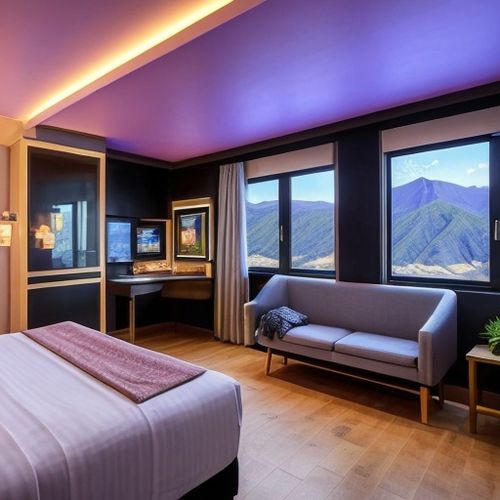
By Lily Simpson/Apr 11, 2025
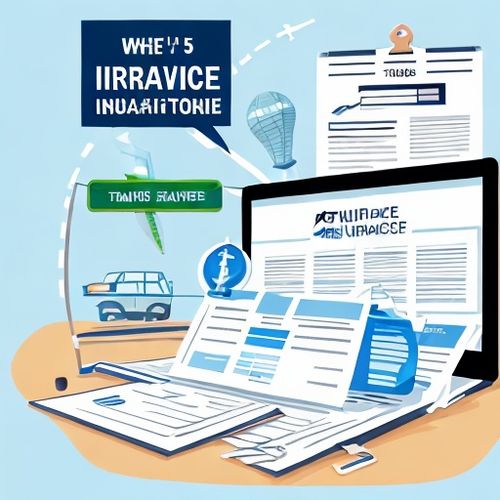
By Thomas Roberts/Apr 11, 2025

By John Smith/Apr 11, 2025
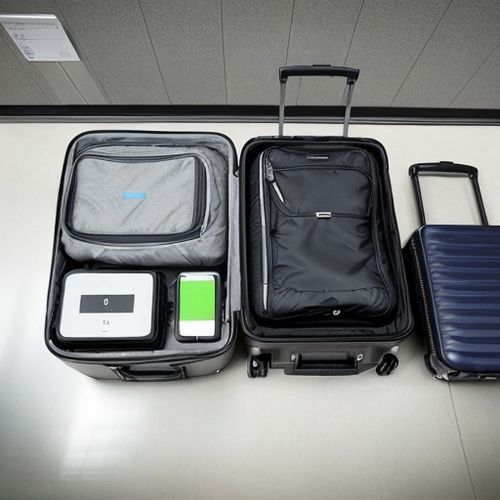
By Thomas Roberts/Apr 11, 2025

By John Smith/Apr 11, 2025
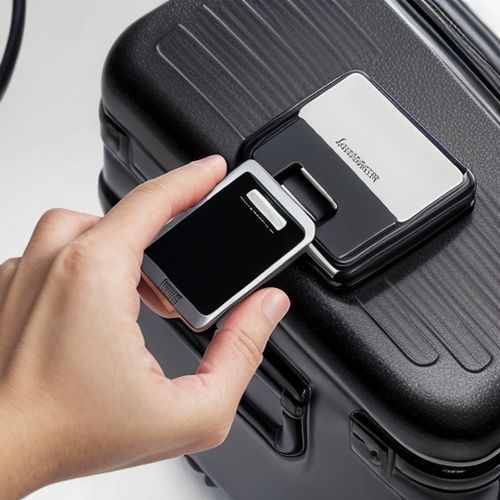
By Rebecca Stewart/Apr 11, 2025

By Sophia Lewis/Apr 11, 2025
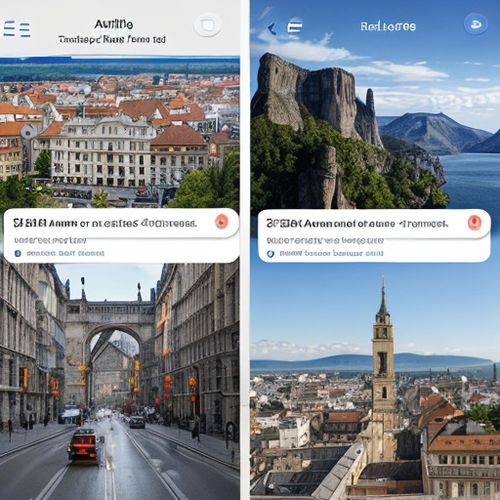
By Sophia Lewis/Apr 11, 2025
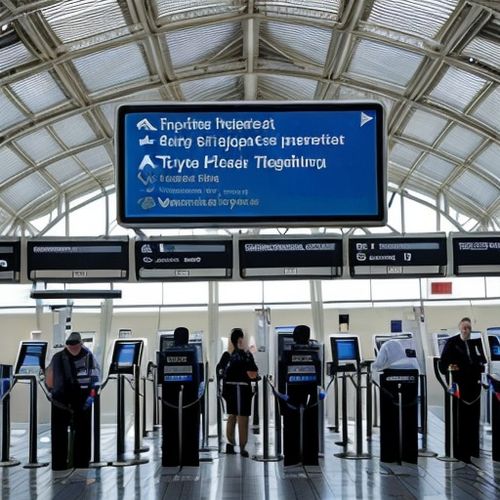
By Lily Simpson/Apr 11, 2025

By Sophia Lewis/Apr 11, 2025
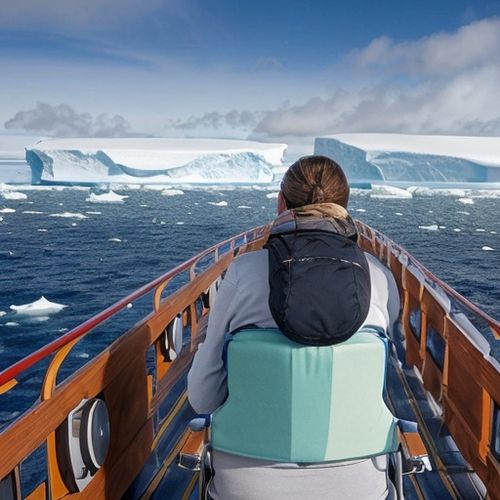
By William Miller/Apr 11, 2025

By Ryan Martin/Apr 11, 2025

By David Anderson/Apr 11, 2025

By Ryan Martin/Apr 11, 2025

By Laura Wilson/Apr 11, 2025
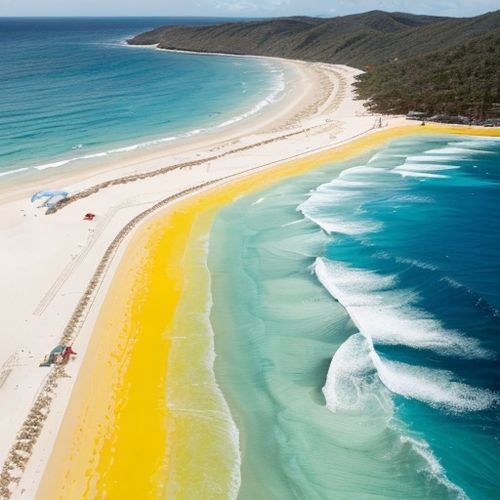
By Eric Ward/Apr 11, 2025
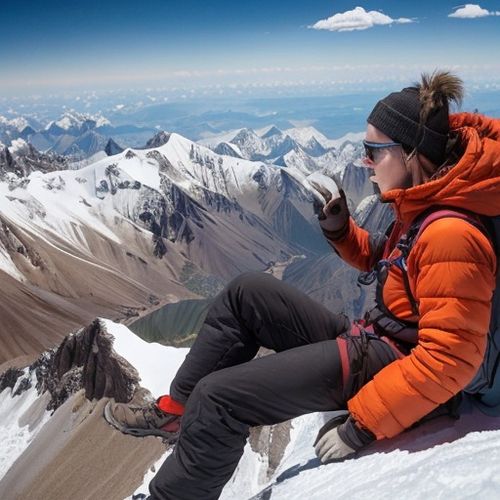
By Ryan Martin/Apr 11, 2025